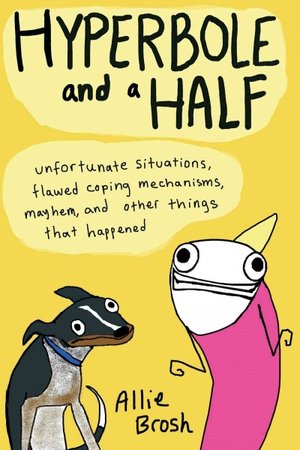I want to speak to that loneliness in so many of us that's exacerbated during the holidays.

This is a time of year when I'd guess that loneliness skyrockets. The feeling of being disconnected or dissatisfied with our relationships might be one we can ignore other timesof the year. But come Christmas, when the expectations are elevated that everyone be jolly, merry, and surrounded by a big, loving, and healthy family, we are prone to feel the disappointment ever more obviously.
Holiday Loneliness
For some, the feeling of being alone is an annual experience. You are used to the grief of not having a loving family, a present family, or a healthy family. You know how to manage your expectations and you've undoubtedly created coping mechanisms and rituals to avoid sitting all alone in your apartment on Christmas Day. But it's still noticeable.
For some, the feeling of being alone might be relatively new to you this holiday. Perhaps you experienced a loss this last year-- a divorce, a death, or another ending-- that makes this holiday feel anything but festive. You wonder what rituals to still do, how many times you can paint a smile over your ache, and whether you want to even try to be around others. The pain still feels raw. If one more grocery store clerk tries to make small talk by asking you if you've got big plans for the holidays, you might just break down and cry.
For many, you will not be alone, but you will still feel some disconnection. It may be as you notice the absence of someone you wish were still in your life, but is noticeably gone. It may be that you miss that your family isn't all able to get together this year. Or, it can even happen when you're surrounded by people if you don't relate to them, don't feel close to them, or feel stress in their presence. It's so common to look around at "family" and wish for a different experience.
Loneliness can be one of the most painful human experiences ever.
What is Loneliness?
One of my keynote talks is all about loneliness. Because the honest truth is that we all know this feeling. It's far more universal than anyone thinks. That's one of the ironies of loneliness is that we feel so alone in the feeling.
While we many not all face being completely alone during the holidays, we all know what it feels like to crave more connectedness.
And that's how I define loneliness-- it is your body's way of telling you that you want more meaningful connection in your life.
Much like hunger tells you that you need food, thirst tells you that you need water, and exhaustion tells you that you need sleep-- those pangs of loneliness is information to you that you wish for greater connection.
And there is no shame in that! None at all! I don't feel shame that my body needs to eat, drink, and sleep; and neither do I feel shame that my heart needs to connect.
Loneliness is information. Information that shouldn't be ignored, stuffed down, fed with food, or drowned with alcohol. Information that should be trusted, appreciated, accepted, and thanked. Information that we shouldn't try to talk ourselves out of feeling, to buttress with cheerfulness, or to wallow in despair. It's information. Information that the healthiest among us will note, hold, and act upon.
My Prayer for You
If you're in this season wishing for more connection, I want you to know that you're not alone. Not at all. Don't let our happy Christmas card photos trick you into thinking that our lives are perfect.
So many of us have loved ones in the hospital this holiday, people missing from our family tables, financial stress and work obligations that prevent us from being with everyone, and people we have to be with that aren't meaningful. We know, in varying degrees, what it means to not be surrounded by all the love we want.
Take the information from that and own it. There is much beyond our control... we can't place an order for the family and the finances that would reflect what we think makes a perfect holiday. And that has to be grieved. We ache for whom we have lost and for whom we don't have. And I'm so sorry.
And then ask yourself what is in your control. Is there anything you can do that will help invite more love into your life this week? Anyone you can reach out to? Anything you want to schedule? Any rituals that will bring you peace or contentedness? Any conversations you can create opportunity to have? Any love you can give to others?
We acknowledge that few will experience this holiday the way the commercials evoke. But we also acknowledge that love is not limited to those things. We can let go of needing it to come in a specific package, in what we think is the ideal form; and instead open ourselves up to letting it come in surprising ways.
Be someone this month, if you can muster it, where you know that love is in your hands. You are not a victim--reliant on anyone else, or anything, to help you experience love. You are a creator of love.
I see your pain, and I'm so sorry for it. I also see your hunger to be loved more, and I'm so grateful for it. Feed your hunger this holiday, more than you feed your pain. Reach out for connection in any form, and whisper over and over, "I am connected." For you are.
xoxo,
Shasta
p.s. To launch our new year together, a year of inviting more connection into our lives in 2014, I'll be speaking on a free, live phone call about the 4 different types of loneliness we all face at different times, the 5 Circles of Friends we need, and the two most important actions we can take to invite more connection in our lives. Friday evenings are sacred time for me-- time for family, God, and rituals that end my week and step me into peace. So I'm picturing a call on the first Friday night of 2014-- make yourself some tea or pour yourself a glass of wine-- and join me on Jan. 3. Sign up for this free call here.


